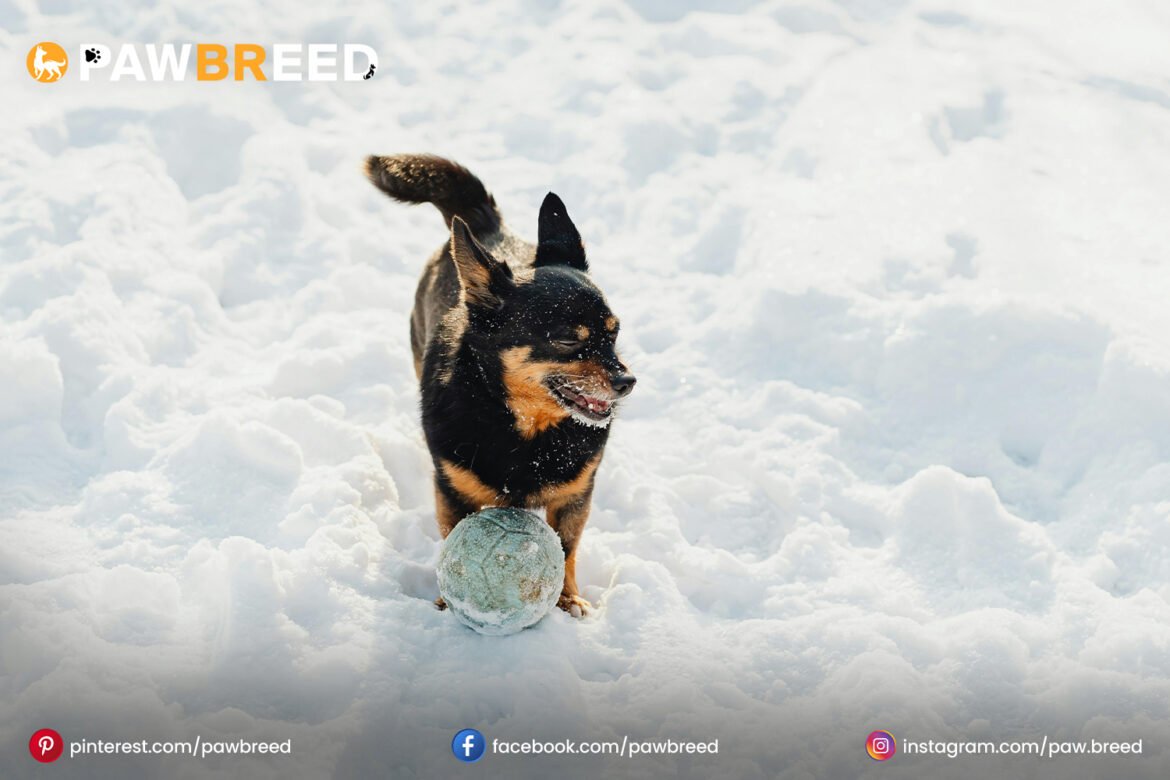Introduction
However, Husky and Boxer mix puppies are quite in demand, not only because of their unusual appearance, but also due to energetic personality and affectionate nature that comes with it. In fact, this mixed breed is often referred to as a “Boxsky.” It would draw an advantage from both parent breeds: the Siberian Husky and the Boxer. In this post, we’ll discuss its character, care requirements, training tips, health considerations, and more frequently asked questions about the Husky and Boxer mix puppy.
Characteristics of Huskies and Boxer Mix Puppies

Physical Appearance
Husky and Boxer mix puppies come in all sizes; they can weigh between 40 and 70 pounds depending on which breed traits seem to be dominant.
Coat
The average Husky and Boxer mix puppies receive a medium length coat, any color combination of black, brown, fawn, or white. The coat can also be thick as in the case of Husky or even as short as with Boxers.
Eyes
The puppies usually arrive with stunning sparkling bright and striking eyes, blue, brown, or any combination of the two, normal for Huskies.
Temperament
Hyperactive
Husky and Boxer mix puppies are hyperactive dogs and have much to indulge in exercise and playtime so they can keep comfortable.
Affectionate
Husky and Boxer mix puppies are friendly natured and tend to get even affectionate with members of the family.
Intelligent
Two parent breeds are highly intelligent, thus easy to train. They are both as tough and stubborn and thus should be given proper and comprehensive training.
Lifespan
A Boxsky can live for 10 to 15 years if his genetic makeup is good, if he receives proper care, and is generally healthy.
Care Needs
Exercise
Daily Needs
Husky and Boxer mix puppies require 1 to 2 hours of exercise time per day. Good exercise programs can include long walks, runs or play in a safe yard.
Mental Stimulation
The basic toys, and puzzles in conjunction with the training sessions must be maintained to avoid boredom and destructive behavior.
Diet
Provide an ideal diet, that is an appropriate one, wellbalanced diet rich in quality dog food. Consult a veterinarian for any recommendation of planned dietting according to their age, size, or activity level.
Feeding and Quantity Control: Should not overfeed so that obesity will not be a typical problem in mixed breeds.
Grooming
She requires constant brushing for upkeep purposes as well as minimization of shedding. Boxskies are known to shed a lot; this shedding can be extreme at times during seasonal change.
Bathing should be done as rarely as possible. Most of the time, they only require baths a few months at most to avoid the risk of some skin conditions.

Training and Socialization
Basic Commands
Train early for their orientation with basic commands, such as sit, stay, and come. Here, positive reinforcement is applied to get the best results.
Socialization
Ensure to take the puppy outside where they are able to experience different places, individuals as well as other animals so that at the end you have a balanced temperament.
Health Problems

Common Health Problems
Hip Dysplasia
This is a genetic condition affecting most large breeds of dogs which include Boxers and Huskies
Eye Problems
Some of them are cataracts or progressive retinal atrophy.
Allergies
The Boxskie may be allergic to some food or environmental factor.
Veterinary Care
Establish a routine of regular checkups and vaccinations so that everything is always healthy and problems are detected early.
Prevent Parasites
Prevents flea, ticks, and worms
Dental Health
Brush regularly using dental chews to avoid disease.
Frequently Asked Questions about Huskies and Boxer Mix Puppies
Q1: Do Boxsky puppies need a lot of exercise?
The period one could take to train the Boxsky puppies every day could be around 1 to 2 hours, which would entail walks and playing, as well as mental stimulation.
Q2: Do Boxskies get on well with kids?
Yes. Boxskies are friendly, loving dogs that somehow do pretty well with the kids. However, one should keep an eye on them when they are around those small kids.
Q3: Do they bark a lot?
Every Boxsky appears to have a tendency to follow the vocalization tendencies of the Husky. Proper training during the early stages can moderate the loud barking.
Q4: What to feed Husky and Boxer mix puppies?
Feed it with very good quality dog food, just the right amount of nutrition, and appropriate to their age, size, and activity level. Your veterinarian may know best what to recommend for your puppy or adult dog.
Q5: Easy or tough to train?
Husky and Boxer mix puppies are smart but stubborn. Continual and positive reinforcement in the training technique seems to get the job done so that one can train such a Boxsky in effect.
Q6: How do I groom my Husky and Boxer mix puppies?
It must be brushed regularly to curb shedding and keep its coat healthy. Bathe only when really necessary. Normally it should be once in a few months.
Q7: What are common health issues in Husky and Boxer mix puppies?
The risks that exist in the dogs are hip dysplasia, eye problems, and allergies. Maintain them healthy by undertaking regular checkups with a vet.
Conclusion
These are energetic and wise puppies that possess all the fantastic characteristics of love and sweet behavior. Proper care, training, and socialization will make them good and loyal companions. Deciding to bring a Boxsky into your life is pretty much like choosing any other petyou will have to weigh your lifestyle carefully against finding enough time for them. All that is required is a lovefriendly environment and the capability to understand those peculiarities. You will see many joyful years with your new furry companion pass.

